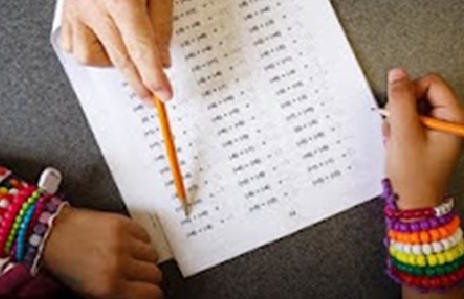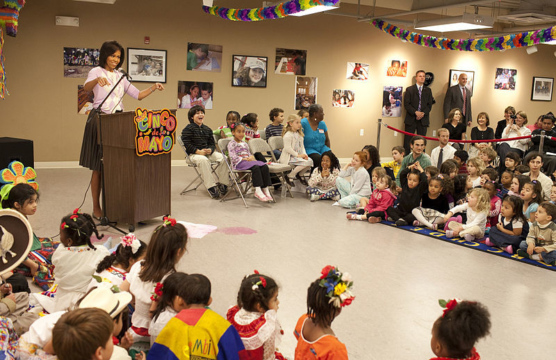
Charter Techniques in Public Schools
Article provides evidence to substantiate hypothesis that charter and public school competition improves student learning.
This post is also available in: Spanish
We are pleased to share with you a recent book by Paul Tough, called “How Children Succeed: Grit, Curiosity, and the Hidden Power of Character”. Tough discusses how, despite living in poverty or stressful conditions, developing skills like perseverance, curiosity, conscientiousness, optimism, and self-control, can help children become successful as adults.
The book highlights an emerging view that “soft” or non-cognitive skills are a crucial determinant of school and life success. This view argues that not only are character or personality traits just as or even more important than academic or cognitive learning, they can be taught, practiced, learned, and improved in school. Tough’s premise relies heavily on Nobel Prize-Winning economist James Heckman, who has led a rethinking of conventional wisdom on what is important in education. Heckman argues that students’ success in life is predicted less by their IQs than by non-cognitive skills like curiosity and self-control.
The book suggests that KIPP (Knowledge Is Power Program) charter schools, a prominent chain of charter schools in the U.S. are a great example of schools that focus on developing character traits and soft skills, along with knowledge, in order to help low-income students succeed in high school, college, and the competitive world. Their success in the U.S. has generated a recent initiative to establish a series of KIPP schools in Mexico.
For a summary of the book, we recommend this link: “How Children Succeed: Grit, Curiosity, and the Hidden Power of Character” – September/October 2012 . By Paul Tough, Washington Monthly.
For reviews of the book, please read these selected articles
We also recommend a podcast interview of Paul Tough with EconTalk host Russ Roberts, in which Tough discusses why children succeed and fail in school and beyond.
Article provides evidence to substantiate hypothesis that charter and public school competition improves student learning.
Editorial in Washington Post examines charter school successes.
A look at the impact of “Waiting for Superman” on the national education reform debate.
